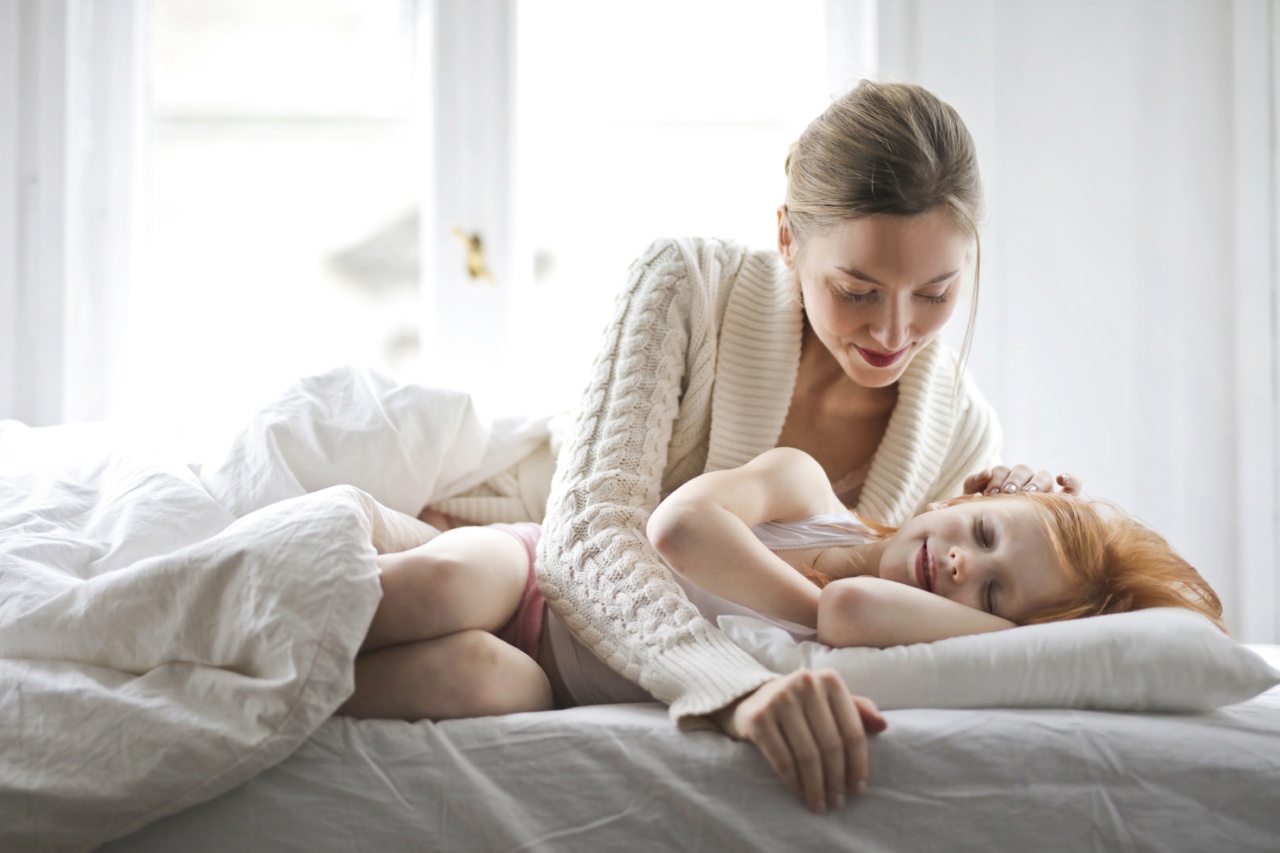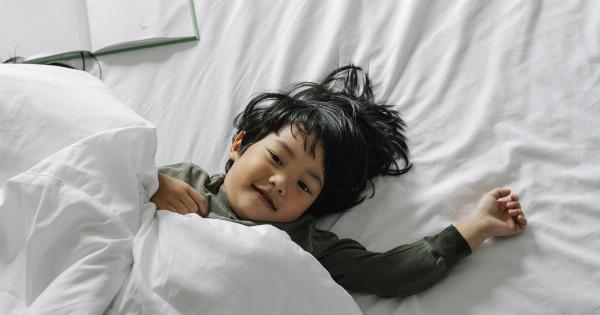Sleep is essential for good health, and it is particularly crucial for children. Adequate sleep is necessary for children to grow and develop physically and cognitively.
On the other hand, insufficient or disrupted sleep can have negative effects on their mental and physical well-being. In this article, we will explore the relationship between sleep and child development and why maintaining good sleep habits is crucial for children.
Why Sleep Matters for Children’s Development
Children’s bodies and brains need sleep to perform well. Sleep helps the body to repair and regenerate itself, and it also plays a significant role in cognitive development.
While we sleep, our brains go through a process of consolidation, which helps us to retain what we have learned during the day. Studies have shown that children who get enough sleep perform better in school, have better cognitive abilities, and are less likely to experience problems with behavior and mood.
How Much Sleep Do Children Need?
The amount of sleep a child needs depends on their age. According to the American Academy of Sleep Medicine, infants aged 4-12 months need 12-16 hours of sleep per day, including several naps.
Toddlers aged 1-2 years require 11-14 hours of sleep per day, including one nap. Preschoolers aged 3-5 years need 10-13 hours of sleep per day, usually without naps. School-aged children aged 6-12 years need 9-12 hours of sleep per day, and teenagers aged 13-18 years need 8-10 hours of sleep per day.
The Effects of Sleep Deprivation on Children
Parents and caregivers need to make sure that children are getting enough sleep. If children are regularly deprived of sleep, it can have a negative impact on their physical and mental health. Sleep-deprived children may experience the following:.
- Difficulty with concentration and memory
- Poor academic performance
- Mood swings and irritability
- Behavioral problems
- Growth problems
- Weight gain and obesity
- Increased risk for accidents and injuries
Tips for Creating Good Sleep Habits for Children
Parents and caregivers can take steps to create good sleep habits for children. The following tips can help:.
- Establish a regular sleep schedule and stick to it, even on weekends.
- Create a relaxing bedtime routine, such as a warm bath, storytime, and quiet music.
- Make sure the bedroom is quiet, cool, and dark.
- Limit screen time before bedtime, including television, computers, and phones.
- Avoid giving children caffeine before bedtime.
How to Identify Sleep Problems in Children
Children who have sleep problems may exhibit a range of symptoms, including:.
- Difficulty falling asleep
- Waking up frequently during the night
- Nightmares or night terrors
- Loud snoring, choking, or gasping during sleep
- Restlessness or tossing and turning during sleep
- Excessive sleepiness during the day
If your child is experiencing any of these symptoms, talk to your healthcare provider or a sleep specialist. They can help you identify and address any underlying sleep problems.
The Bottom Line
Sleep is essential for children’s physical and mental well-being. Children who get enough sleep have better cognitive abilities, are less likely to experience problems with behavior and mood, and have a lower risk of accidents and injuries.
Make sure your child is getting enough sleep and that they have established good sleep habits. If you notice any symptoms of sleep problems, talk to your healthcare provider. Prioritizing your child’s sleep is one of the most important things you can do for their long-term health.





























